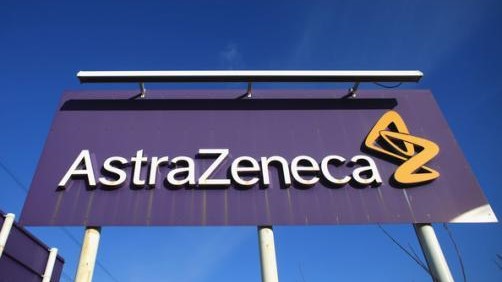AZ axes phase 3 heart disease trial of fish oil drug Epanova

AstraZeneca has axed a large late-stage trial for its heart disease drug Epanova in patients with mixed dyslipidemia (MDL), and expects to write off at least $100 million from its profits in Q4 as a result.
The UK pharma said it had decided to close the phase 3 STRENGTH trial for Epanova (omega-3 carboxylic acids) due to its low likelihood of demonstrating a benefit in patients with MDL who are at increased risk of cardiovascular (CV) disease.
An Independent Data Monitoring Committee made the recommendation to stop the trial after assessing the data available so far.
STRENGTH is a large-scale global CV outcomes trial testing the efficacy and safety of Epanova compared with corn oil placebo, in combination with standard-of-care statin medicines.
AZ said it is reviewing the value of Epanova, which is worth around $533 million, and any impairment will be treated as a non-core item in Q4.
The company will also write down up to $100m relating to inventories, which will impact core earnings in Q4.
STRENGTH is a large-scale trial involving 13,086 patients, who were enrolled at 675 sites in 22 countries.
Patients with mixed dyslipidemia have abnormal levels of cholesterol and fatty acids in the blood, known as triglycerides.
Epanova is a fish oil-derived mixture of free fatty acids and is already approved in the US to reduce high levels of triglyceride, an indication that will not be affected by the closure of STRENGTH.
It was added to AZ’s pipeline following its acquisition of Omthera Pharmaceuticals in 2013 in a deal worth up to $443 million.
Lynparza and Avastin combo gets fast-track ovarian cancer review
In a separate development the busy UK pharma said its Lynparza (olaparib) in combination with Roche’s Avastin (bevacizumab) has been granted priority review in the US for first-line maintenance treatment of advanced ovarian cancer.
The FDA will take a maximum of six months to review the combination therapy in a patient group regardless of their biomarker status, based on results from the PAOLA-1 trial.
That showed the combination reduced the risk of disease progression or death by 41% and improved progression free survival to a median of 22.1 months versus 16.6 months for patients treated with bevacizumab alone, a standard of care treatment in ovarian cancer.
Lynparza was the first poly (ADP-ribose) polymerase (PARP) inhibitor to be approved, in ovarian cancer in 2014.
It has become an important drug for AZ, generating sales of $847 million in the first nine months of 2019.
There a range of other PARP inhibitors on the market from companies such as Clovis and Pfizer, which are showing efficacy in a range of different cancers.












